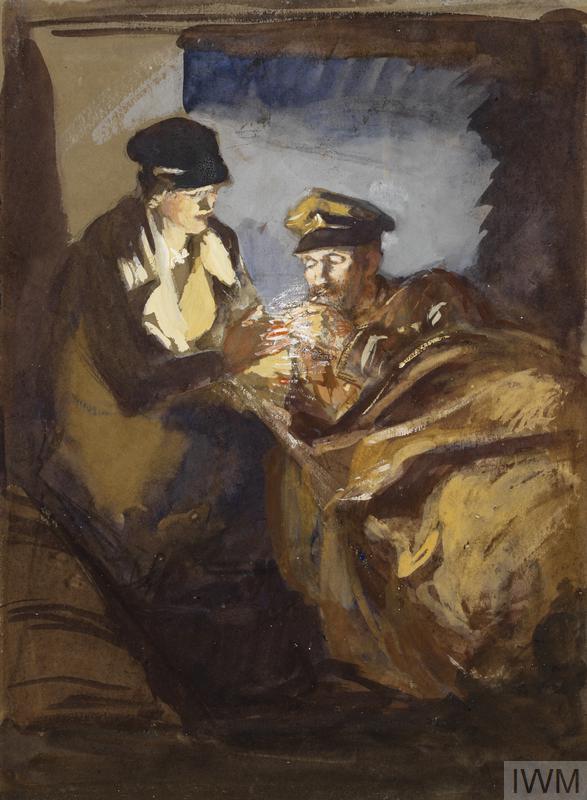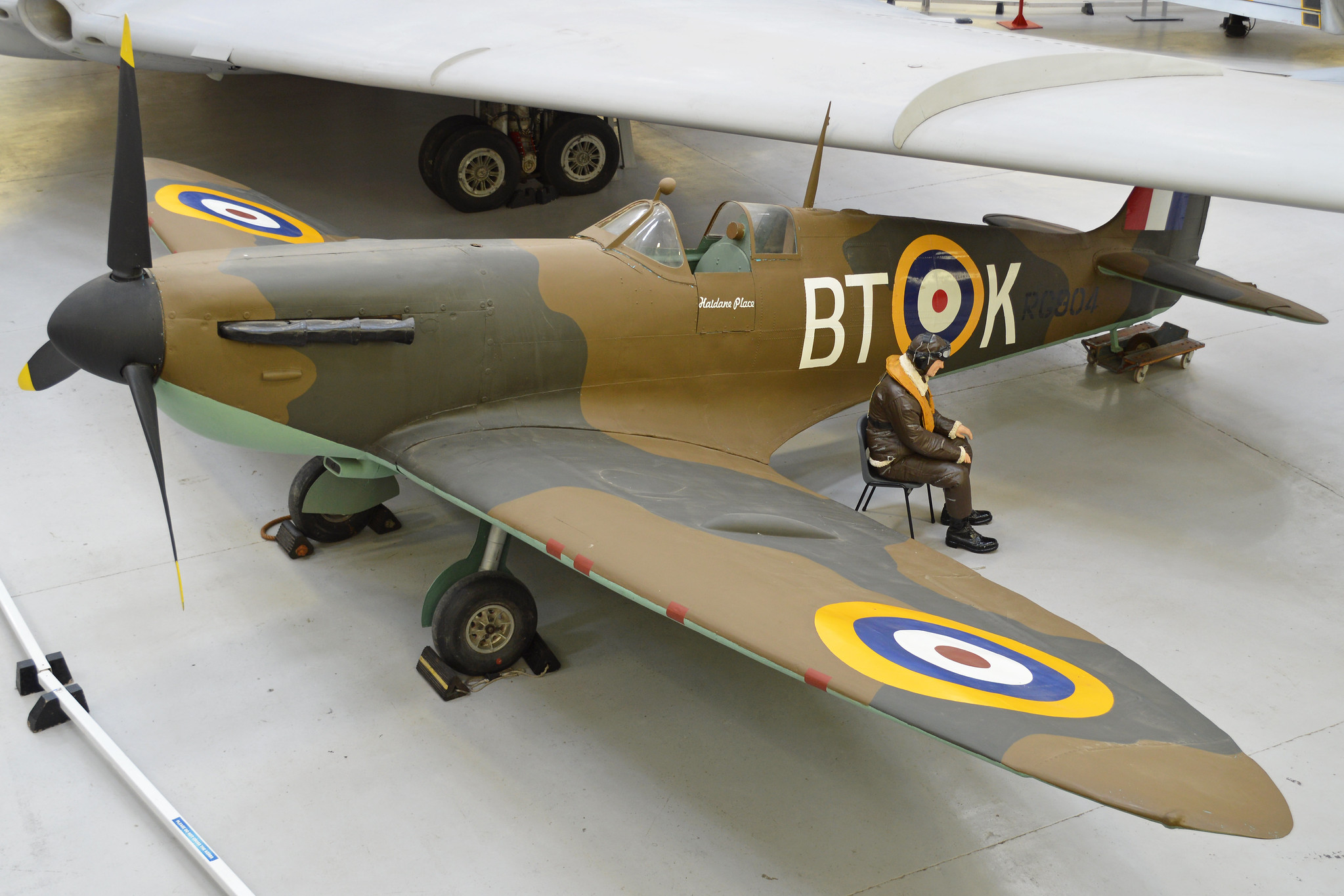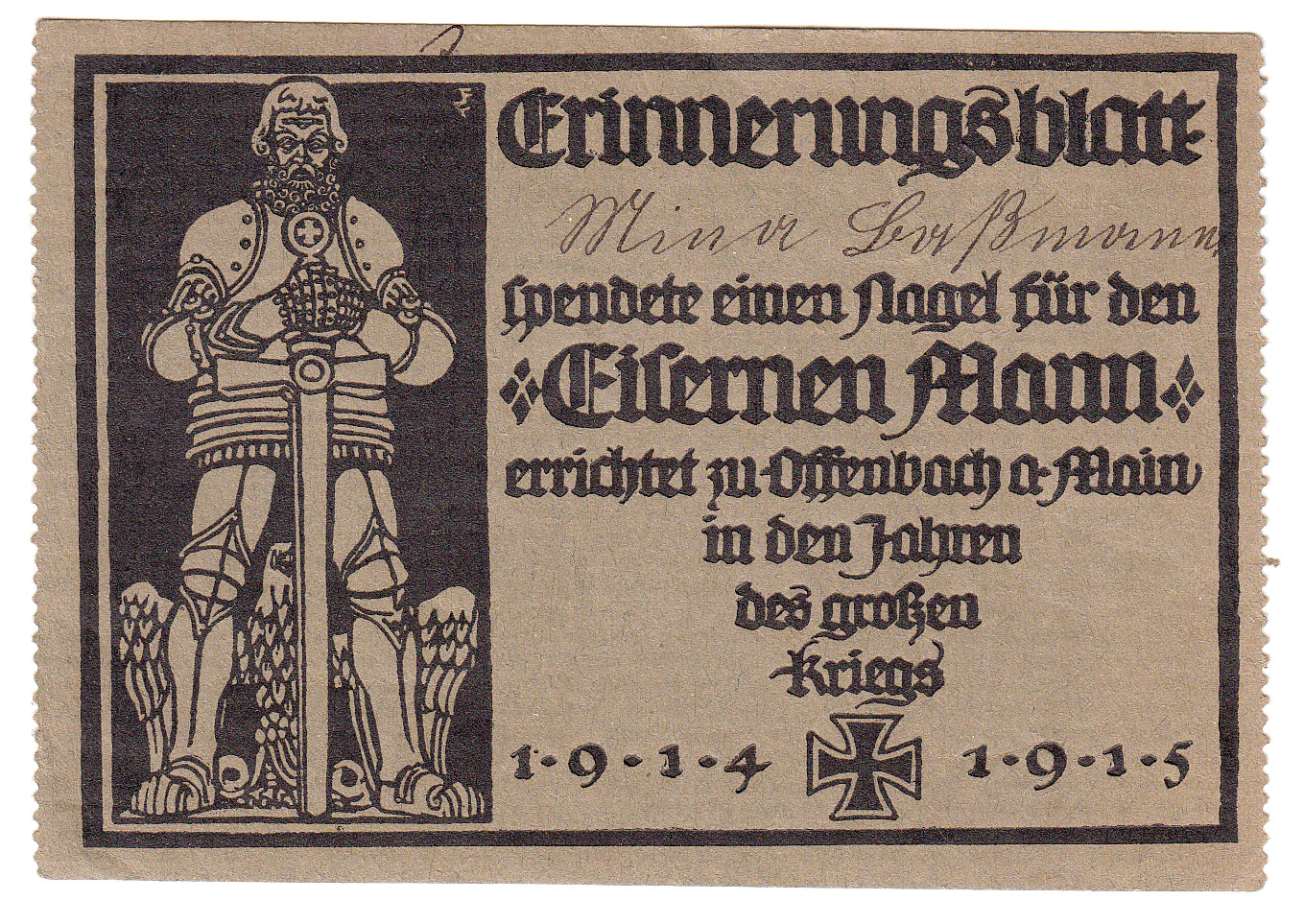Written by Mark Connelly
As a teenager in the 1980s I was a great fan of Spitting Image. Every Monday morning in school there would be frenzied exchanges of the best lines and sketches. A firm favourite, which has entered the lexicon of my brother and I, was a May Day parade in Red Square. The puppets of the Soviet leadership were becoming mightily bored by the unending display of military might. Suddenly, one piped up with a game declaring, ‘I spy with my little eye something beginning with T’ in the great cod-Russian accents which we all knew so well from Cold War spy dramas. A Politburo member got the answer: ‘Tank’ (pronounced, of course, ‘Tenk’). Having won the round, it was his turn, ‘I spy with my little eye something beginning with A’. The answer was ‘another tank,’ next it was something beginning with ‘Y’, to which, of course, the response was ‘yet another tank’.
Leave a Comment




